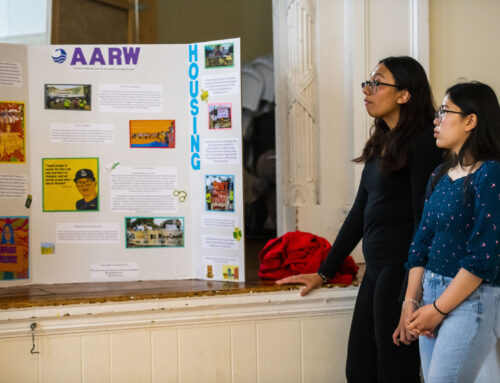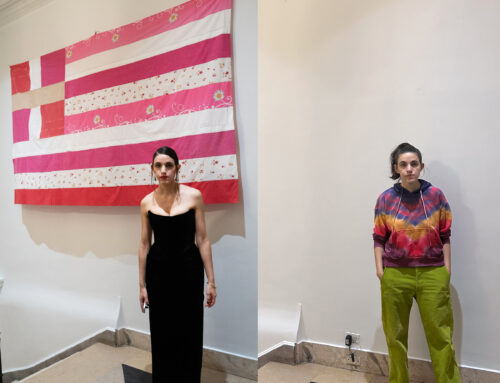From slapstick comedies to heart-wrenching romances, Filipino films have always been there to provide an insight into a culture and an era that I, from the complete opposite side of the world, don’t always see or understand.
Yes, the stories my parents have ingrained into me from birth are testaments to the tradition and familial ties that Filipino culture is rooted in, but watching other Filipino stories unfold on-screen helped me truly escape into the world that I came from. Slightly different from the American romantic comedies from the early 2000s that were always full of teen angst and rowdy house parties, the Filipino ones I came to love took place in rural provinces with intersecting plotlines of large extended families. But similar to romcoms anywhere, these movies are filled with the relatable themes of unrequited love and cliche moments. As I watch two unlikely individuals begin to fall for each other in the most predictable yet satisfying way, my heartstrings are pulled and for an instant, even though I know that it’s just a movie, the possibility of love seems somewhat real.
But between these kilig, or heartwarming, moments, these films have shown me the very real portrayals of Filipino life both on the mainland and abroad. Your classic good girl meets bad boy rom-com, She’s Dating the Gangster, takes place on a city university campus, mirroring the experience my own parents had during their college years. For them, the film is a nostalgic trip. From the neon-colored clothing, the use of electronic beepers to send messages, and even a soundtrack featuring The Eraserheads, one of the most influential alternative bands in the Philippines, my parents are transported to their youth. For me, the film shows snippets of a culture and era that I never got to experience. Whereas dating today has become increasingly casual, the film laments a bygone era where proper courting consisted of consulting the entire family before even allowing them to date. Shot in the provinces of the Philippines, the clear blue waters by the beach and the ruins of churches built during the Spanish occupation help bridge the gap of time and distance that I, as a Filipino American, feel.
Barcelona is a film written and directed by Olivia Lamasan starring my personal favorite romantic duo, Daniel Padilla and Kathryn Bernardo. In the film, the two meet in Spain as complete strangers whose lives become intertwined as they fall in love and try to follow their individual aspirations. But beyond the love story that the film carries on its surface level, Barcelona is about the immigrant experience. What the film does well is humanize the struggle of overseas workers seeking to better themselves and most often, their families back home. Mia, played by Kathryn Bernardo, moves to Spain to escape a scandal back home and prove herself to her family. Yet she finds out that the road to success is not easily attained. She learns from other Filipinos that she meets abroad that the secret to getting what you want is to never give up or lose hope, even if it means working difficult, low wage jobs to start. The film accurately portrays the sense of comradery that Filipinos everywhere face when they see another one of their countrymen abroad. The film also shows the hard-working ethic that my parents as Filipinos have always tried to instill in me from my youth.
Convincing friends and other Filipino Americans to watch Filipino movies has brought us closer to experiences shared by our parents and relatives. Just as a good romantic comedy should, these films have made us laugh, cry, and feel everything in-between to ultimately understand the livelihood of the place we came from and owe our heritage to.




